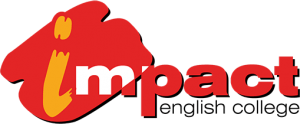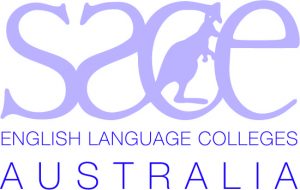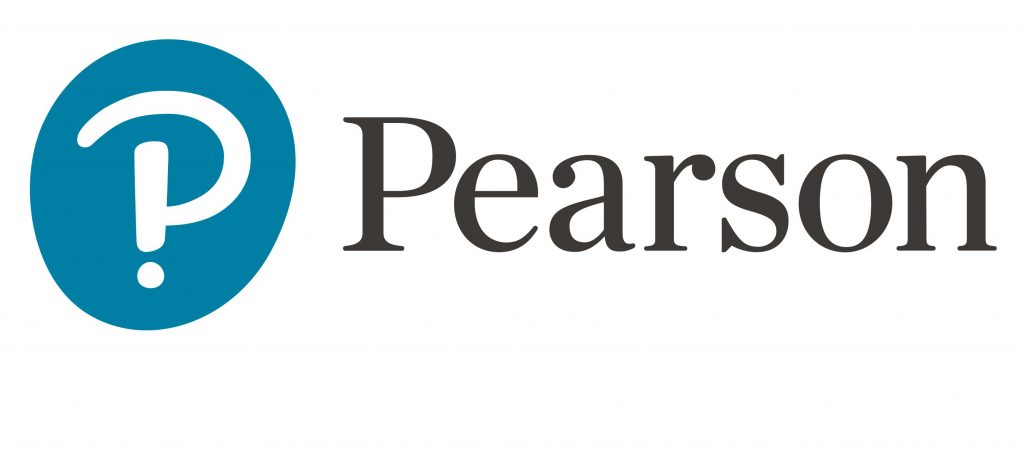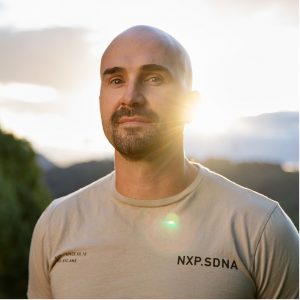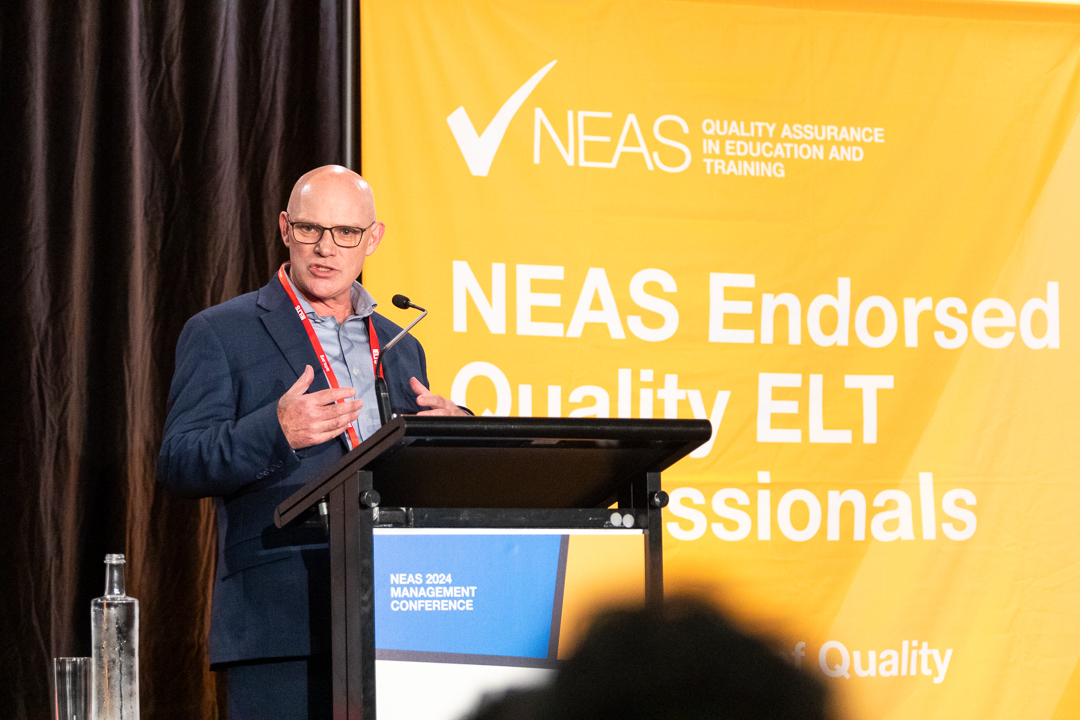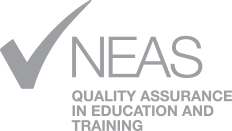
Creating spaces where students feel seen, heard, and valued is a leadership imperative. This topic lies at the centre of our next speaker spotlight at the 2025 NEAS Conference, exploring how leadership and peer engagement can create inclusive, student-centred environments where learners thrive.
Leadership in ELT: Creating Cultures of Belonging in University English Language Centres
Creating a sense of belonging is essential to student wellbeing and academic success. In this session, Zoe Hancock explores the role of belonging in the language learning journey. Backed by current research and student insights, Zoe shares eleven ways students experience belonging and offers practical strategies to build inclusive cultures in university English language centres.
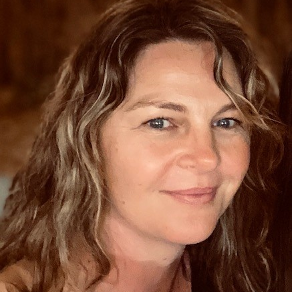
Zoe Hancock, Lecturer (Teaching Scholar), Southern Cross University (SCU)
Zoe has been teaching English for over 25 years. After an early career pivot from accounting, Zoe began her teaching career in Japan.
She returned to Australia to complete a MA in Applied Linguistics at UTS and taught in a number of private colleges and university English language Centres in NSW and QLD across a range of courses including, General English, IELTS Prep, Cambridge prep, EAP, Direct-entry and Post-entry English and Academic language (PEAL). Read more…
Building Bridges – Fostering Belonging Through Peer-Driven Engagement in International Education
What does belonging look like from a student’s perspective? This panel discussion explores how peer-to-peer engagement and community-driven models shape a sense of inclusion, connection, and success for international students. The panel will present best practices in student communication, community engagement, and co-creation of content to amplify authentic student voices.
With expertise spanning student services, research, marketing, and international health, these industry leaders will share practical tips on building trust and connection through student-centred communication strategies.
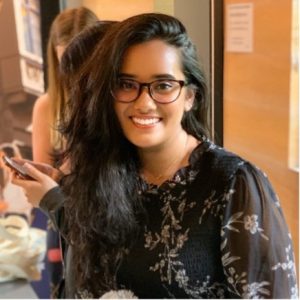
Varsha Devi Balakrishnan, Head of Student Insights and Strategy, Voyage
Varsha Devi Balakrishnan is a dynamic leader in the international education sector, combining deep expertise in research with innovative approaches to address complex challenges.
Recognised globally as the 2024 PIEoneer Emerging Leader of the Year and the 2023 IEAA Tony Adams Rising Star, she has pioneered The Social Source, an AI-driven platform revolutionising data and sentiment analysis. Read more…
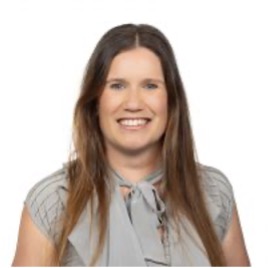
Emma Currie, Head of Marketing for ANZ & SEA, Pearson
Emma Currie is the Head of Marketing for ANZ & SEA, Pearson, responsible for English Language Learning including Institutional, Corporate and PTE. She has been a marketing professional in the education sector for over 15 years and has worked for Pearson since 2012.
With experience in a variety of marketing roles Emma has broad experience working with institutions, professional bodies, educators and students across the international education in Australia and South East Asia. Read more…
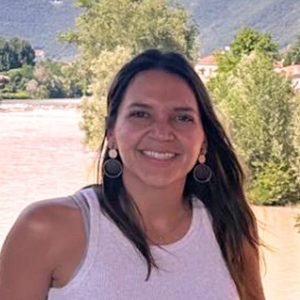
Debora Lima, National Student Services Director, ILSC Education Group
Debora has over 15 years of experience in customer service, student support, administration management, and leadership across education and financial services in Australia and Offshore.
Currently serving as National Student Services Director at ILSC Education Group, she leads a diverse team across multiple locations, ensuring high-quality student support and operational excellence. Read more…

Tatia Pittham, Head of International Health and Education, Allianz Partners Australia
Tatia brings over a decade of experience in private health insurance and financial services, leading to her appointment as Head of International Health & Education at Allianz Partners in August 2023.
Her career began at Bupa, where she spent eight years in senior management roles, including Head of International Partnerships. She played a pivotal role in expanding Bupa’s presence in international markets across Australia and the UK, driving growth through strategic cross-border arrangements. Read more…

